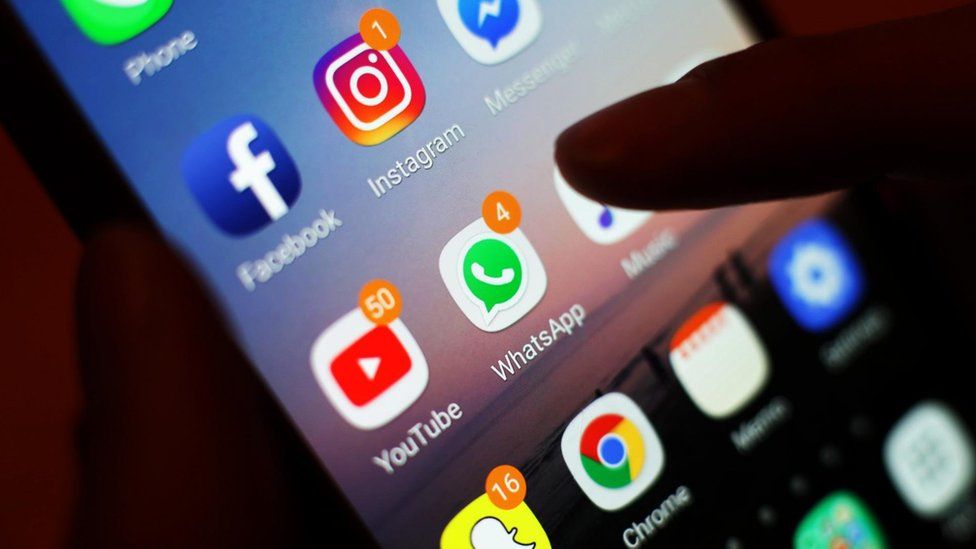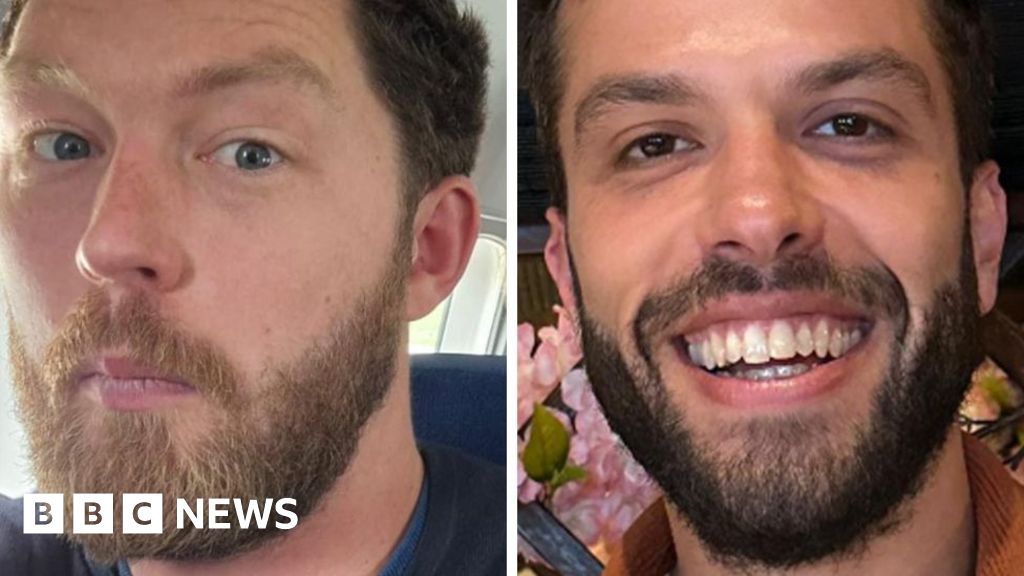 Image source, PA Media
Image source, PA Media
Perpetrators will now face up to two years in prison and up to 10 years on the sex offender register
Police in Northern Ireland can now charge people with upskirting, downblousing and cyber-flashing.
Perpetrators could face up to two years in prison and up to 10 years on the Sex Offenders Register.
They are among new sexual offences under legislation which took effect on Monday.
Changes also include enhanced laws to deal with people who threaten to share private sexual images or impersonate children with the aim of grooming.
The offences are part of the Justice, Sexual Offences and Trafficking Victims Act 2022.
Image source, Pacemaker
Image caption,The bill was brought forward by former justice minister and Alliance leader Naomi Long
Also included in the legislation is an expansion of rules to better protect children from those who seek to abuse their position of trust to exploit or abuse them.
Those responsible for young people in the area of sport or religion now come within scope of the abuse of trust offences.
Det Supt Lindsay Fisher from the Police Service of Northern Ireland (PSNI) welcomed the new legislation and said it sends "a clear message" that these behaviours will not be tolerated.
"I want to make it clear that anyone - any gender, any age - can be a victim of these crimes. However, we know from experience that the vast majority of those affected are sadly women and girls, who up until now have not felt able to come forward and report," she said.
"Escalating violence against women and girls does not happen in a cultural vacuum.
"This legislation will go a long way to help address the prevailing sexist attitudes and behaviours in our society that underpin violence, abuse and intimidation against women and girls."
The bill was brought forward by former justice minister Naomi Long, who said it would make an "important contribution" to combatting abuse and violence.
"He was laughing": Three women tell the BBC's Victoria Derbyshire about their experience of upskirting
At the time, the Alliance Party leader described the legislation as "the final piece of the jigsaw".
On Monday, Ms Long said the move to introduce the legislation followed a public consultation, among other work.
"A lot of women came forward with issues around upskirting, downblousing and other forms of sex offences that previously hadn't been captured by the law," she told BBC Radio 4's Woman's Hour.
"I thought it was important that we gave those specific recognition, because they form part of a culture within society where women's bodies are treated as though they are essentially public property."
Ms Long said training for those working in Northern Ireland's Public Prosecution Service, judiciary and police service has been ongoing in preparation for commencement of the new laws.
But she added: "The mechanisms that criminals will use to abuse people are constantly evolving, particularly in an online environment.
"And that's why it's so important we have an assembly here that is able to respond, that's able to deal with it."
'I don't know if I'll get over it'
One woman who helped to convict her partner after he took and shared explicit images of her without her knowledge or consent contacted BBC News NI to emphasis the devastating impact this crime can have on victims.
Her identity has been withheld to protect her privacy but she said she felt she lost her dignity as a result of the incident and argued that such crimes are not taken seriously enough.
"I got a message online from someone I didn't know. A stranger was telling me that my partner was sending intimate pictures of me to them," the woman said.
"I didn't know what to do think at first. I was very shaky. I didn't know it was a crime. I called 101 and the police told me it was and asked if I wanted to press charges."
Despite her partner's conviction, she is still troubled by not knowing who has seen the images or how widely they were shared via social media.
"Mentally I'm gone, I've lost weight, I don't go out very much. It's not easy to get over; I find myself very anxious. I don't know if I'll get over it. Time will tell.
"I hope this being in the media helps other women, helps people understand that this is a true and serious crime."
Legislative updates
- Upskirting is when someone uses a mobile phone, or mirror, to observe or photograph under a person's clothing without their consent, with the intention of obtaining sexual gratification or cause humiliation, distress or alarm. It became a stand-alone offence in England and Wales in 2019.
- Downblousing is when someone uses a mobile phone, or mirror, to observe or photograph down a person's top without their consent. Law chiefs have called for it to be made illegal in England and Wales
- Cyber-flashing is when someone sends an unsolicited sexual image to a person without their consent
- While it is not a crime to send private, intimate images or videos between consenting adults, showing or sending them to another person, uploading them to a website, or threatening to do this without consent is also a crime
- Anyone masquerading as a child online to lure and groom will also face up to two years in prison and up to 10 years on the sex offenders register
 (1).png)
 1 year ago
15
1 year ago
15


















